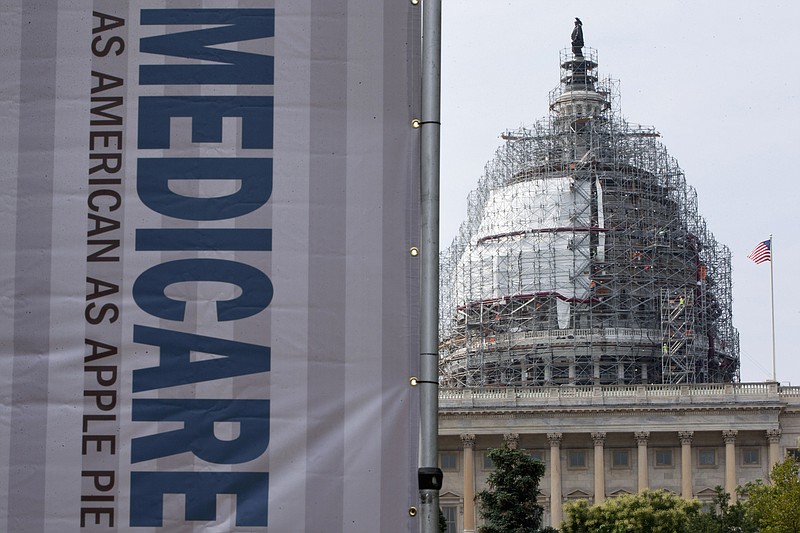MONTGOMERY, Ala. (AP) - Gov. Robert Bentley on Thursday said the state will restore Medicaid payments to primary care doctors that were slashed this summer because of budget troubles in the state's health care program for the poor and disabled.
The governor made the anticipated announcement at a press conference at the Alabama Capitol two weeks after lawmakers approved an additional $120 million for the agency over the next two years.
"We did make a promise we would restore this if we had the money. I want to thank our Legislature," Bentley said. "This will put our primary care physicians back at the level that they were before we had to cut," Bentley said.
The Alabama Medicaid Agency had announced in July that it was ending the "primary care bump" that put Medicaid rates on par with Medicare rates for primary care. The cut was one of a number of anticipated reductions in the Medicaid program in the face of the budget shortfall.
Originally required by and paid for by the federal Affordable Care Act, the enhanced payments are designed to get more doctors to serve Medicaid patients. Under the primary bump, for example, a doctor is paid $101 for a 25-minute office visit. The regular Medicaid rate is $67.
Medicaid Commissioner Stephanie Azar said the enhanced payments will begin again Oct. 1. Azar said the payment reductions could have caused doctors to see fewer Medicaid patients or to stop seeing them at all.
"It's very good for our recipients that there should not be any disruption in their access to care at this point by reinstating it," Azar said.
The state's share of the enhanced payments is $14.7 million.
Bentley had called lawmakers into special session this summer to consider a proposed lottery to provide additional money for Medicaid. Lawmakers rejected the lottery bill and turned to oil spill settlement funds.
The funding bailout will come from a bond issue secured by settlement money the state is getting to compensate for economic damages sustained during the 2010 oil spill in the Gulf of Mexico. The state is also using the bond issue to pay off debts and for road projects in south Alabama.
"Thanks to that additional funding, I'm not having to send out notices of program cuts, and I'm very grateful for that," Azar said.
Medicaid provides health care for 1 million poor and disabled Alabamians, a majority of which are children.
Azar said she is remaining optimistic that the agency can get through fiscal year 2017 without cuts and implement a shift to managed care. The state has not pulled the trigger on the switch yet because of funding concerns but could receive more than an additional $700 million in federal funds if it moves successfully forward.
However, she cautioned that the one-time money does not solve Medicaid's budget troubles.
"The long-term funding is still an issue. We're very, very grateful for the one-time funding that we got for '17 and '18, but there still is going to be a long-term sustainable funding issue for Medicaid, and I think everyone knows that," Azar said.
